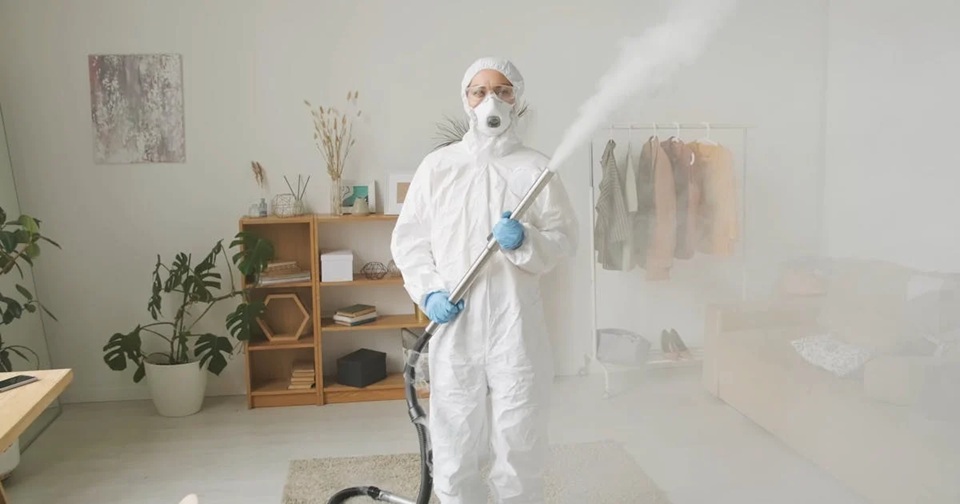
Drain Safety 101 – Try This at Home
Chemical drain cleaners can damage pipes in addition to posing health dangers. This is especially true for older materials or metals that have the potential to break and flood your house. You might be surprised to learn how frequent clogged drains are in Idaho homes. They are an annoyance in practically every Idaho home at some point.
Homeowners may make snap decisions as a result of their irritation with a clogged drain. Attempting to clear a drain with aggressive chemical cleaners can seriously harm your plumbing system, necessitating expensive repairs. Thankfully, there are safe methods for clearing clogged drains that can also keep your house safe. However, only professionals like Boise plumbing services should look after them due to their complexity.
How to safely clear a drain?
Even without expert assistance, there are a number of safe ways to unclog a drain. However, think about speaking with a plumber if the issue is severe.
Making use of dish soap.
Grease plugs can be cleared with a solution of boiling water and dish soap. Just pour boiling water down the drain after the dish soap. If the blockage persists, you will likely have to try this procedure multiple times.
Drain Clog Removers
You may require an auger or plumbing snake if the obstructions are deeper. It can remove obstinate blockages by penetrating deeper into the pipelines. To push the tool down, insert it into the drain and turn the handle.
If it becomes trapped, you can either hook it to get it out or twist the snake to break apart the obstruction. Flushing the drain with hot water after clearing the blockage will remove any leftovers or debris.
Pour Hot Water
Boiling water is one of the best methods for clearing clogged drains. The water’s high temperature can clear little soap residue and water buildups from the drain. This technique is frequently used to clear clogged kitchen sinks caused by food particles and grease.
If you have PVC pipes, though, do not attempt this procedure since hot water can harm them. This approach works quite well and does not harm metal pipes.
Use plungers.
One highly useful item for clearing clogged drains is a plunger. To use it properly, though, make sure there is enough water in the sink or toilet to cover the plunger’s rubber portion.
To create a tight seal, place the plunger over the drain and press down hard. This will clear the drain and provide a powerful suction. To maintain a strong suction when using a plunger on a sink, be sure to restrict any overflow.
Vinegar and baking soda.
Pour half a cup of baking soda and half a cup of vinegar down the drain to naturally clear it. This bubbly reaction will aid in the clog’s removal. After letting the mixture sit for fifteen minutes or so, flush it with boiling water. Compared to harsh chemical treatments, this procedure is far more gentle on your pipes and is very successful at clearing obstructions.
What are the typical reasons for a clogged drain?
Problems might arise from clogged drains. It is essential to comprehend the typical reasons behind clogged drains in order to stop additional obstructions and keep your plumbing system operating smoothly.
Hair, grease, food particles, soapy residue, and other materials are common reasons of clogged drains. As they cool, these grease and oil particles may harden. Blockage results from the coating they create inside the pipes.
Tree roots may also infiltrate pipes in older homes. Common symptoms of clogged drains include gurgling sounds, poor discharge, and foul odors. Boiling water treatment is one of the best ways to clear clogged drains.
